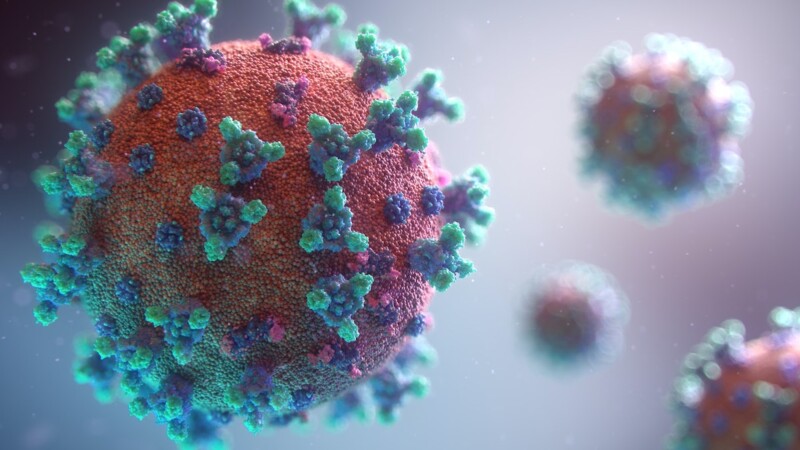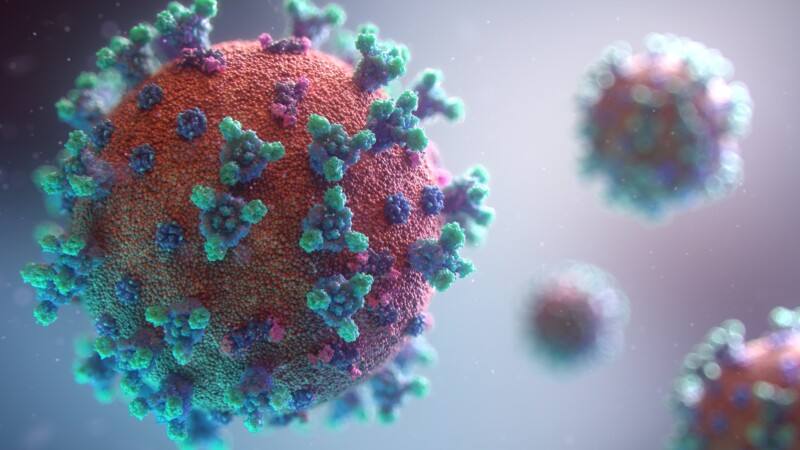"Our sewage contains information that allows us to trace the course of the pandemic reliably," said Jens Kerstan, Senator for the Environment. The proven method has yielded significant results. Melanie Schlotzhauer, Senator for Health, added: "That is a real success and helps us with coronavirus. It is also gives us a tried and tested instrument for dealing with pandemics in future. Monitoring sewages reveals realistic trends regardless of how the population tests and helps assess the incidence of infection." Analyses of sewage can provide information on the incidence of infection and detect changes early. Such analyses supplement the existing reporting system.
The City of Hamburg has announced plans to apply for follow-up projects after the nationwide sewage monitoring project "ESI-CorA" ended in January, according to a press release Wednesday (January 25, 2023). The sewage monitoring sought to detect trends related to SARS-CoV-2 infections and involved Hamburg's Ministry for the Environment, Climate, Energy and Agriculture (BUKEA), the Ministry for Health, Hamburg Water and the Institute for Hygiene and the Environment.
Sewage monitoring uncovering realistic trends
Plans for new "Amelag" project
Samples were collected by the Institute for Hygiene and Environment to isolate the genetic information. This was followed by a digital PCR analysis to detect SARS-CoV-2. The method allows researchers to determine even the tiniest amounts of viruses. The results then become part of the Robert Koch Institute's radar of the pandemic. Launched last February, the ESI-CorA research project was funded by the European Commission. Hamburg was selected as one of 20 investigative sites. The German Ministry of Health is now planning a follow-up project called "Amelag" to monitor the pandemic until 2024. Hamburg has announced plans to first apply for the ESI-CorA follow-up project through April 2023 followed by Amelag.
nj/mm/pb
Sources and further information
More
Similar articles

Positive interim balance of Hamburg's pandemic labour market scheme

Researchers discover natural substances against coronavirus

Hamburg tops up "Relaunch Fund" to boost retail
